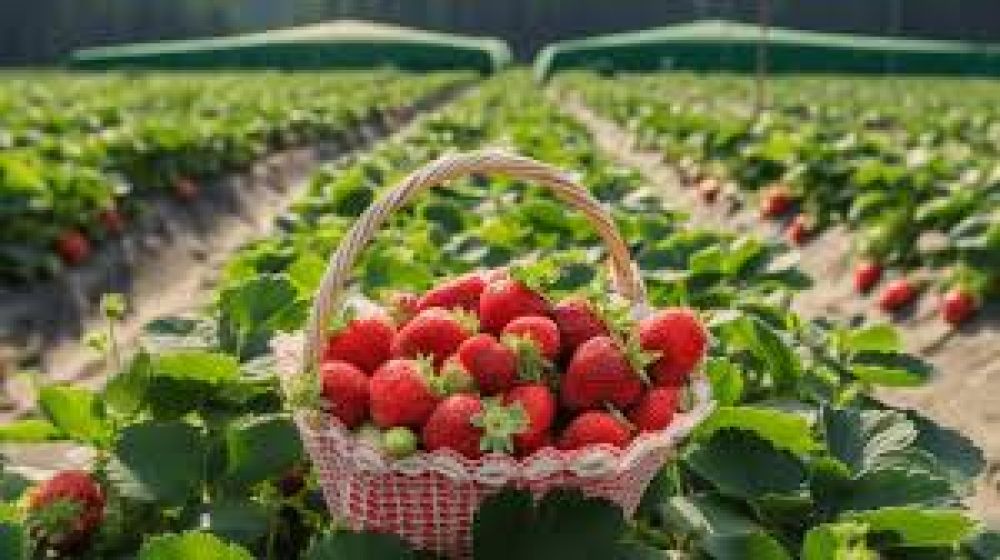

The Strawberry Farm in Baguio, also known as the La Trinidad Strawberry Farm, is located in the Benguet province, Philippines. This farm has become synonymous with Baguio City and is one of its key tourist attractions.
Strawberry farming in Baguio dates back to the time when the Japanese introduced the cultivation during their occupation in the early 20th century. The temperate climate of the highlands made it an ideal location for growing strawberries, a crop typically found in cooler regions.
Over the years, the concept of agri-tourism took root and Baguio's Strawberry Farm evolved into a major tourist destination. Visitors are afforded the unique experience of harvesting strawberries by hand from the vast fields. This farm-to-table experience has not only drawn tourists domestically but also internationally.
In the late 20th century and early 21st century, agritourism began gaining popularity. Baguio's Strawberry Farm capitalized on this trend, offering a more immersive experience, allowing visitors to be a part of the agricultural process. This trend allowed visitors to appreciate the local culture and economy centered around strawberry farming.
The Strawberry Farm has played a significant role in stimulating the local economy. The influx of tourists has led to increased sales of fresh strawberries and value-added products such as strawberry jam, wines, and pastries. It has also elevated the livelihoods of local farmers and has spurred the development of other businesses in the area.
As with many popular tourist destinations, the Strawberry Farm faces challenges such as environmental degradation and the need for sustainable practices. Efforts have been put in place to promote sustainable tourism, aimed at preserving the land while ensuring the growth of the tourism sector.
The latest trends in the industry include the integration of digital technology to boost visitor engagement and convenience. Tour operators and the local government have been working together to utilize social media and online booking platforms to attract a wider audience to the Strawberry Farm.
In recent times, there has been an emphasis on health and well-being, leading to the inclusion of organic farming and eco-friendly tours. These trends resonate well with today's tourists who are increasingly conscious about their environmental footprint and the authenticity of their travel experiences.
As the tourism industry continues to evolve, Baguio's Strawberry Farm steadily adapts to meet the changing demands of tourists while preserving its heritage and natural charm. It remains a beloved attraction that upholds the cultural and agricultural traditions of the Philippines.